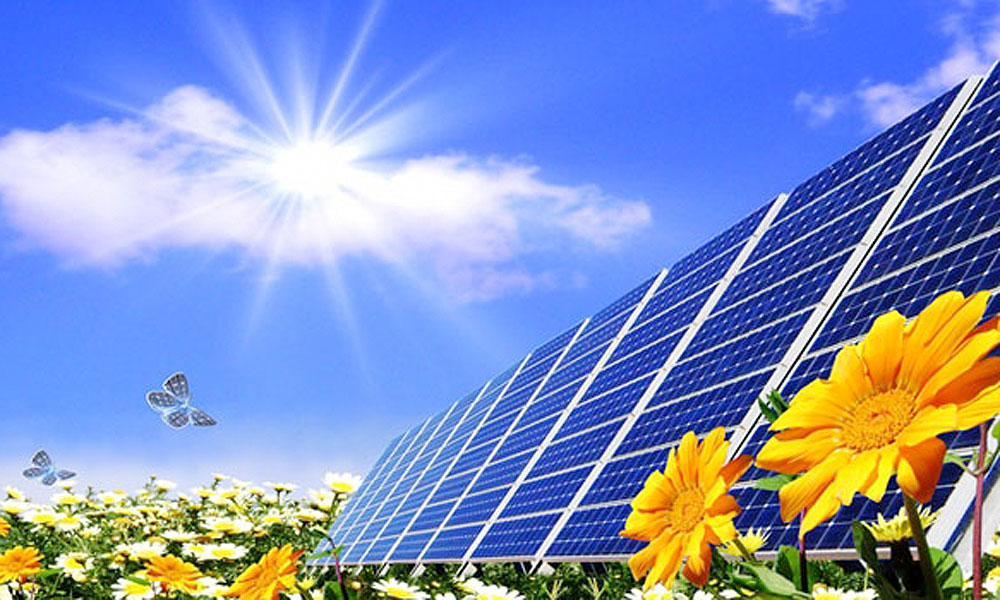Oil, gas, coal and minerals are at the mercy of market trends. Continuous peaking of raw material prices that seems to have gone wild. The September 2008 financial crisis created a tidal wave within the economy which swept away many of the certainties in the manufacturing sector in the West, in particular in engineering and construction. “The spiraling increases in raw material costs,” explains to Panorama Economy Giuseppe Manni, president of Gruppo Manni HP, the Verona-based steel manufacturer, “is not only due to exponential growth in demand in the Far East, but also a new speculative wave which affects the West, above all.”
The company is currently run not only by Giuseppe Manni, but also his son, Francesco, vice president of their holding company and head of all the operating companies: Manni Sipre (steel sheet metal, beams, sections and structural tubing service centers), Isopan (manufacturers of insulated metal panels for both residential and industrial walls and roofs), Icom Engineering (international engineering and construction company) and Manni Energy (active since 2011 in the photovoltaic sector). Each of these also involves other companies located in Italy (Malavolta, CMM and Centro Servizi Inox) and abroad (Isopan Iberica and Isopan Est). A group of European dimensions, fully owned by the Manni family, but for whom the Old Continent is beginning to be a tight fit. And so, they are looking to new markets, starting with South America, where they are currently looking seriously to invest.
Also because, despite market volatility, in 2010 the company succeeded in returning to the major threshold of 500 million euros in turnover, following the severe blow in 2009 which saw the level slip to just over 400 million, marking a drastic -37% over 2008. And now it is the no. 1 European manufacturing group in the distribution and transformation of steel products and metal construction components in steel and in the production and sale of insulated metal panels. With ten operating companies, 20 manufacturing, service and distribution centers in Italy and abroad, and nearly 1000 employees, the Manni Group can distribute over 600,000 tons of processed steel and manufacture and sell anywhere over 14 million square meters of insulated metal panels.
“There are some tentative signs of pick up in engineering demand,” Giuseppe Manni continues, “with a growth level of 10-12% supported by the production of plant and equipment to the more active markets, such as Asia, Germany and the US. Construction, on the other hand, is stagnant and the automotive industry is limping along at last year’s levels. If you add these three steel sectors together, I think they basically even each other out. Those, like us, who have 8,000 customers from the Alps to the pyramids and have their finger on the pulse of consumption, realize that the numbers do not tell the whole story and must be interpreted very carefully. In 2010 there was a major increase in tonnage of Italian and European steel production, up 25% compared with the previous year – not an insignificant amount. But this production went to replenish the stocks of the various distribution channels or steel consumers who, in 2009, registered levels completely out-of-line with normal consumption, above all because of financial factors. The rebuilding of stockpiles has generated a sense of euphoria which, in reality, if we look at actual consumption, has no basis.”
In the future of the Manni Group there will be increasingly less room for primary steelmaking which is too subject to “low cost” competition from the Far East. As a result, they are looking to new market niches, such as some types of construction suitable for including photovoltaic power, a positive liaison which this Verona group is considering with increasing interest. A diversification which will not increase the tonnage produced by the company, but will allow it to develop a new market, that of renewable energy sources that is completely in line with the evolution of the company’s business. And unquestionably among its reasons is that of acquiring greater autonomy from a manufacturing market strongly dependent on raw materials and more exposed to the winds of crisis in Europe.
For this reason, they have created Manni Energy whose goal is to meet the promising demand for the creation of “turnkey” photovoltaic installations. “It is the most recent addition to our group and this is where we will be concentrating future investment,” concludes Giuseppe Manni. “Despite the rumors about incentives for renewable energy sources the GSE could cut, we are not all that concerned because we know that prices for photovoltaic cell production are also continuing to decrease. So, it will not take long for this resource to become a real alternative to current energy sources. This is the orientation of our group which grew by a full 22% in 2010, 12% due to an increase in unit prices that impacted on the second half of the year, and 10% due to the increase in physical quantities which, in the end, are what should be considered. In 2011, we will continue to do the same and arrive at another +20% in sales, this time aiming exclusively at increasing physical quantities.”
Manni – 66 years young
The Manni Group was founded in 1945 by Luigi Manni as an independent company to sell recycled steel products for construction, engineering and recycling purposes. The first major change came in the 1960s under the leadership of its current president, Giuseppe Manni: Manni Prodotti Siderurgici became a company selling processed products. The 1970s and early 1980s marked the start of manufacturing activity and, from this standpoint, in 1988, Isopan was born, specialized in the production of insulated metal panels. In 1995 the Gruppo Manni SpA holding company was formed to meet the challenge of international expansion. And finally, in 2010, Manni Energy, which launched the group’s photovoltaic adventure.
Francesco Signor

